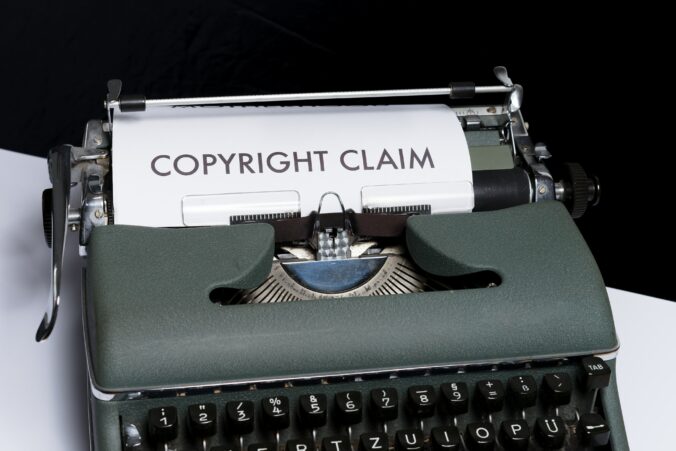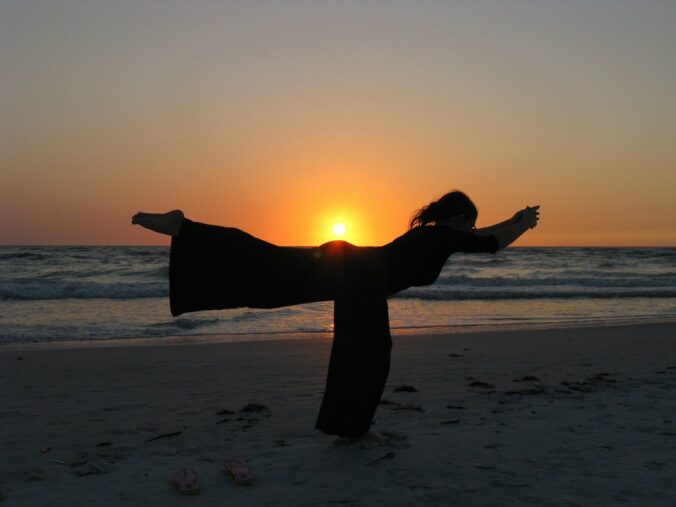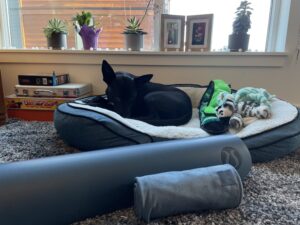In class this week, we discussed copyright and different resources educators can use to avoid copyrighted materials. I am still feeling overwhelmed by all these new technology terms, but I am feeling more confident when it comes to copyright, and understand the importance of it. Fair Dealing, The Public Domain, Creative Commons, Open Educational Resources and Reusable Multimedia all contribute to creating content free from copyright.
Fair Dealing allows sharing of a small portion of a copyrighted work without permission for the purposes of research, private study, criticism, review, news reporting, education, satire, and parody.
https://www.cmec.ca/139/Copyright.html
https://cmec.ca/docs/copyright/CMEC_POSTER_FDG_EN.pdf
http://www.fairdealingdecisiontool.ca/
https://en.wikipedia.org/wiki/Copyright_Modernization_Act
The Public Domain is an alternate to copyright. Work comes into the public domain 75 years after it is created.
https://web.law.duke.edu/cspd/publicdomainday/2021/
https://www.europeana.eu/en/europeana-classroom
https://commons.wikimedia.org/wiki/Main_Page
Creative Commons is full of content that can be copyrighted, distributed and used within copyright laws.
https://creativecommons.org/licenses/
https://stateof.creativecommons.org/
https://search.creativecommons.org/
Open Educational Resources are freely accessible, open and licensed media, text and other helpful online resources.
https://phet.colorado.edu/en/simulations/filter?type=html&sort=alpha&view=grid
Reusable Multimedia are websites that provide free media where attribution is not required, although it is encouraged.
https://www.google.ca/advanced_search
https://www.pexels.com/videos/
https://freemusicarchive.org/search
These resources are all useful to me as a student, educator and content creator.
Photo by Markus Winkler on Unsplash


